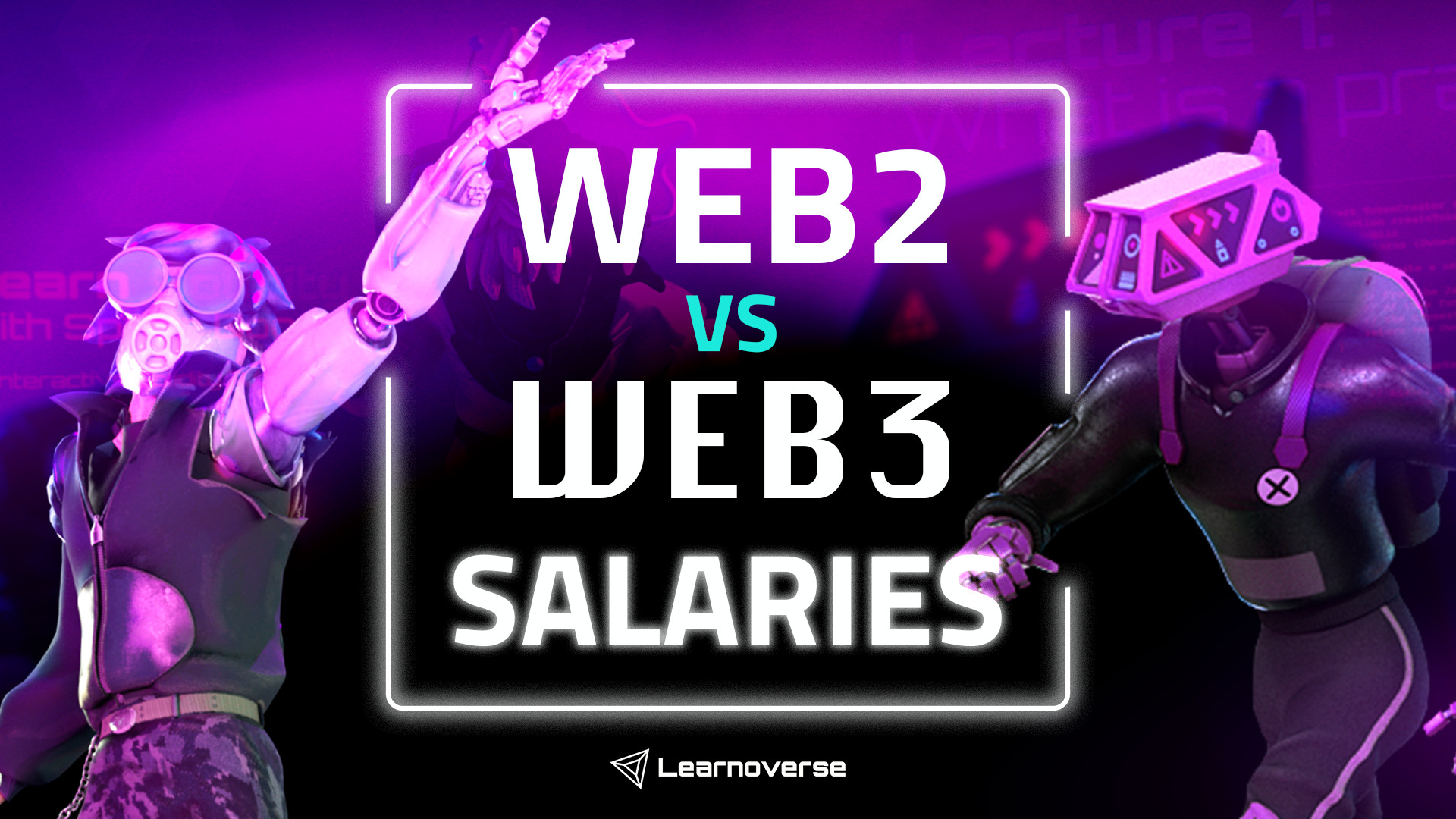Deciphering the Concept of the Cloud
To fully understand the cloud architect's job description, we must start by looking at the idea of cloud computing first. While the metaphor of the cloud was used to describe virtual services as early as 1994, it was a far cry from the technologies associated with the term now. It wasn't until ten years later that cloud computing got into the public eye – and once it did, it had no idea of moving to the shadows.
The global spending on cloud services is expected to surpass $1,000,000,000,000 in 2021, so it's not exactly surprising a lot of people view this industry as an extremely attractive and prosperous career path. An average cloud architect salary is also represented in some pretty numbers – but more on those later!
To put it simply, cloud computing is a cheaper and more convenient alternative to having private servers and data services on your company's premises. You rent out the storage space, the computing power, and all other infrastructure elements you need to build and run your projects from a service provider for a usage-based fee. The cloud eliminates the need to purchase and maintain hardware or make any other significant investments in advance and ensures you will always have exactly what and how much you need. Sounds enticing? To thousands of organizations around the world, it really does – and the demand for cloud architects and specialists is soaring.
What Is a Cloud Architect Responsible For?
The main responsibility of a cloud architect is to manage the cloud infrastructure in their organization. This includes it all: storage, servers, networking, and all the other components required to use cloud computing. With cloud service providers constantly widening the selection of services and a lot of companies opting for multi-cloud solutions, a cloud solution architect has a lot of things to consider, monitor, track, and manage on a daily basis!
Gartner names a few primary responsibilities that no cloud architect job description could do without: developing a cloud strategy, managing the adoption, building the cloud architecture, managing it and leading the overall cultural change in their organization. To imagine a typical day in this role a bit easier, we can break these high-level responsibilities down to smaller, everyday duties. What does a cloud architect do in their nine-to-five?
A cloud architect selects the cloud provider(s) for their company and selects the hardware, software, applications, and third-party services it's going to use. They estimate the costs, manage budgets, and oversee the whole process so it runs smoothly and hiccup-free. By working closely with the security team, they reduce possible risks and come up with clear procedures to implement in case an incident occurs. In addition to that, a cloud solution architect often plays a role in recruiting for cloud-related positions, as they are best at identifying the level of knowledge and skills a candidate possesses.
Being an expert in cloud solutions, a cloud architect is capable of creating and updating plans (both long-term and short-term) that help the organization reach its goals in terms of managing the cloud. They are also responsible for defining the issues within the cloud, documenting them in great detail, and finding solutions in collaboration with programmers and engineers. All in all, a cloud architect is responsible for establishing the best practices for the cloud in their organization and making sure the company benefits as much from cloud adoption as possible.
Taking the Right Steps Towards Your Goal
If reading the previous section made you feel like cloud architect jobs are something you'd be interested in, the next step you should take is learning how to become a cloud architect yourself. Naturally, you'll need a strong technical background, which involves a firm grasp on networking and security, as well as at least one OS and programming language. It is ideal if you already have some experience and knowledge in terms of cloud computing! A good candidate should also possess excellent communication skills, as working together with the IT department is a crucial part of the cloud architect job description.
While there already are some universities offering formal education on cloud computing, it's not a requirement you'd see in a lot of listings for cloud architect jobs. Furthermore, it's expensive and time-consuming. Most of the companies that are looking to employ cloud architects are a lot more interested in their experience and professional certifications that prove their expertise in working with a certain cloud service provider. According to statistics, the most crucial skill for a cloud architect is understanding Amazon Web Services (AWS), followed by Python, SQL, Java, and Linux.
When you first start thinking about how to become a cloud architect, it is recommended to focus on the most popular platform. Why? Because it raises your chances of finding a job and gaining professional experience. As of 2021, AWS occupies 47% of the global cloud market, which means most companies and organizations worldwide use it and need their cloud architects to be highly skilled at it.
Certifications to Boost Your Employability
Most of the major cloud providers have their own credential programs that allow you to prove your expertise by passing position-oriented exams. The selection is often pretty wide – for example, with AWS, you can get certified not just as a cloud solution architect but also as an expert in machine learning, security, data analytics, Alexa skill building, and other specialties.
One great thing about a cloud architect certification is the fact that there are usually no prerequisites: you can register to take your exam without completing any mandatory training or acquiring lower-level certifications first. Therefore, everyone is free to test their knowledge and start their career journey as cloud architects.
Getting certified by a service provider that your current or potential employer uses is a great step towards improving your performance or making a great first impression. Such cloud architect certification is tangible proof that you are familiar with the services a particular provider offers, capable of picking the best solutions, optimizing the budgets, and implementing the best practices in your organization. Add IT background to the equation, and you get a resume that ticks all the boxes for a cloud architect job description and impresses recruiters in most modern organizations.
According to the Global Knowledge 2020 IT Skills and Salary Survey, cloud architect certifications are also currently the world's best-paid IT credentials. The top two places on the list belong to Google Certified Professional Cloud Architect and AWS Certified Associate Solutions Architect certifications – moreover, a lot of specialists decide to obtain both of these certifications. Mastering multiple platforms provides you with more flexibility in terms of employment and adds a huge advantage if a particular company wants to implement a multi-cloud strategy.
All in all, becoming a cloud architect is a great career option for anyone who wants to have a prospecting and rewarding career, work in a dynamic and innovative environment, and use the most modern technologies on a daily basis. Why don't you start your journey with all-encompassing AWS certification training by BitDegree?











